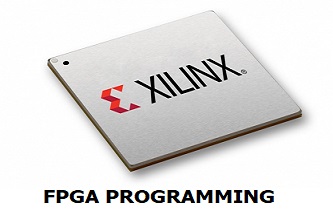US Adds Semiconductors to China Tariff List
The long-awaited announcement regarding tariff hikes on Chinese imports has finally been made following a comprehensive two-year review of trade relations with China. These new measures are set to impact a wide range of sectors, with a particular focus on electric vehicles. Notably, duties on EVs are expected to quadruple by 2024, increasing from 25 percent to 100 percent. The semiconductor tariff increase, however, has been postponed until 2025.
These tariff hikes are part of a targeted strategy aimed at $18 billion worth of annual Chinese imports, encompassing critical sectors such as batteries, steel, and essential minerals. The White House has justified these actions as a response to what it perceives as "unfair trade practices" by Beijing, signaling a firm stance on protecting American interests in the global market.
Ambassador Katherine Tai, in a statement, emphasized the need for action against China's alleged unfair technology transfer policies that have been detrimental to U.S. commerce and American workers. Tai stated, "President Biden is directing me to take further action to encourage the elimination of the People’s Republic of China’s unfair technology transfer-related policies and practices."
PRC Foreign Ministry spokesman Lin Jian expressed concerns over the Section 301 tariffs imposed by the previous U.S. administration, citing disruptions to normal trade and economic exchanges between the two countries. Lin highlighted that the WTO had ruled these tariffs as violations of WTO rules and urged the U.S. to adhere to international trade regulations, calling for the removal of existing tariffs and a halt on imposing new ones.
As tensions escalate between the U.S. and China over trade policies, the global market is closely monitoring the developments. The impact of these tariff hikes on Chinese imports is expected to reverberate across industries, potentially reshaping supply chains and trade dynamics. Both countries are now navigating a delicate balance between protecting their domestic interests and maintaining a stable economic relationship amidst growing geopolitical challenges.











